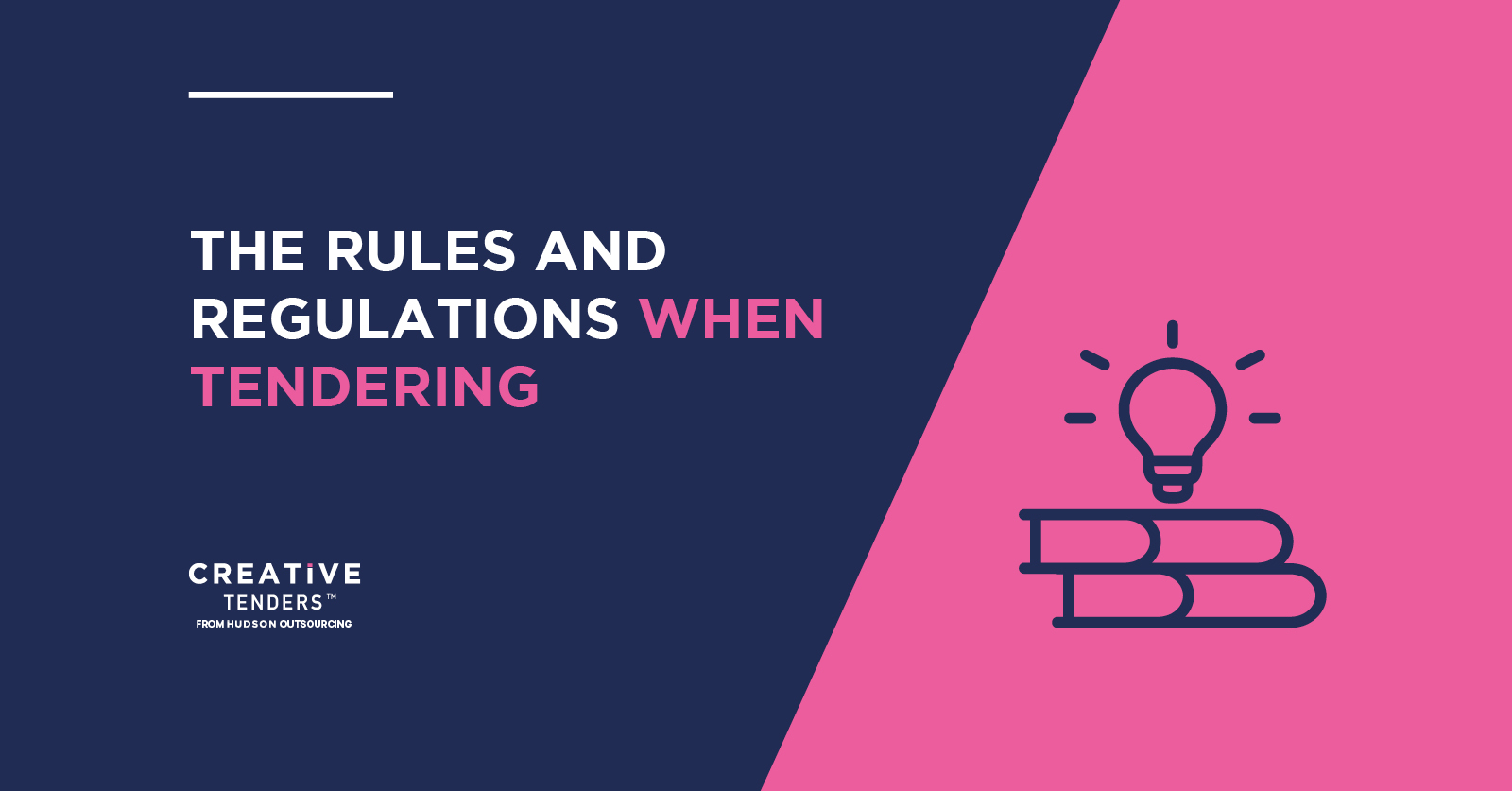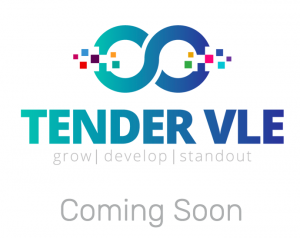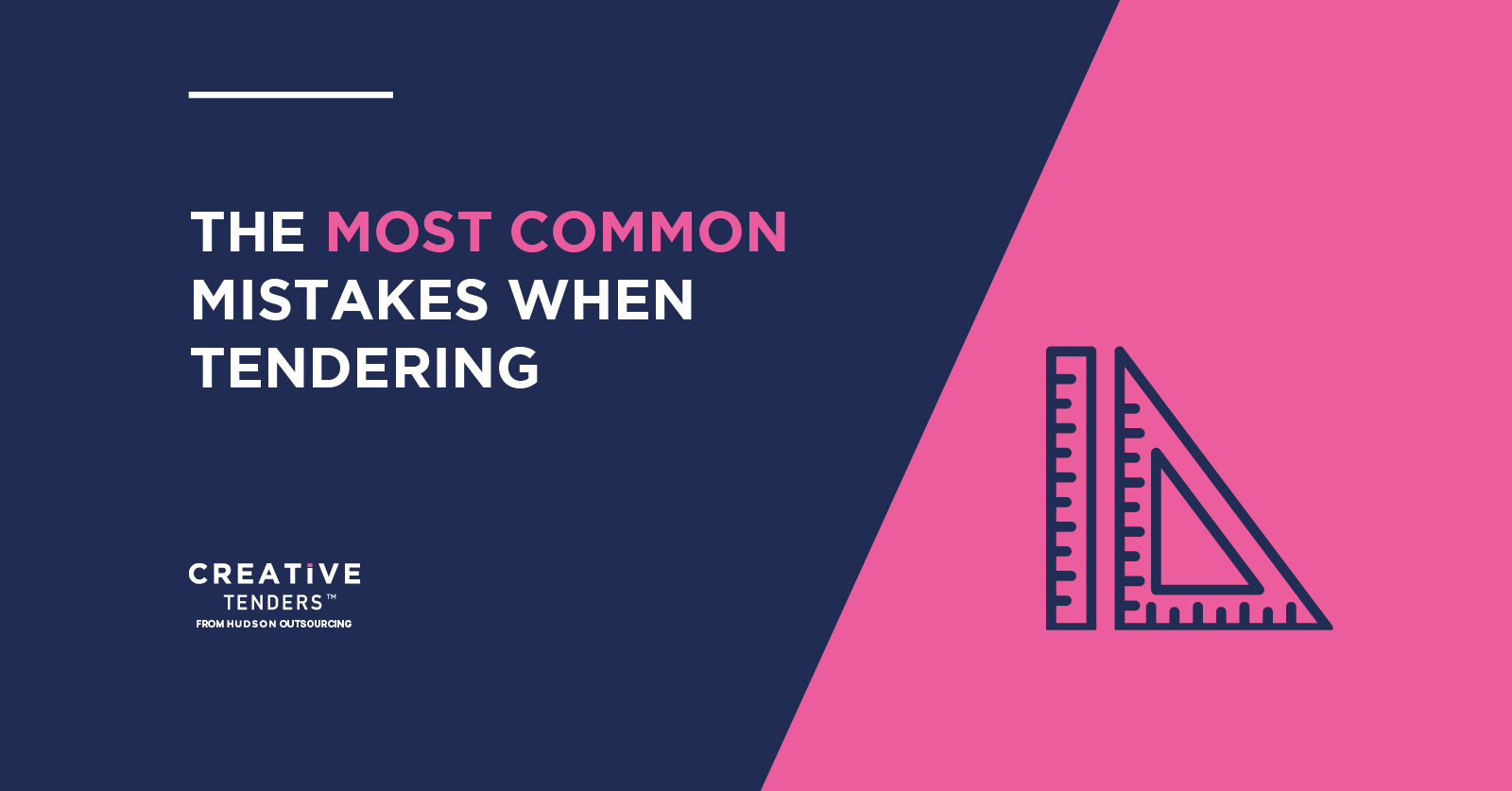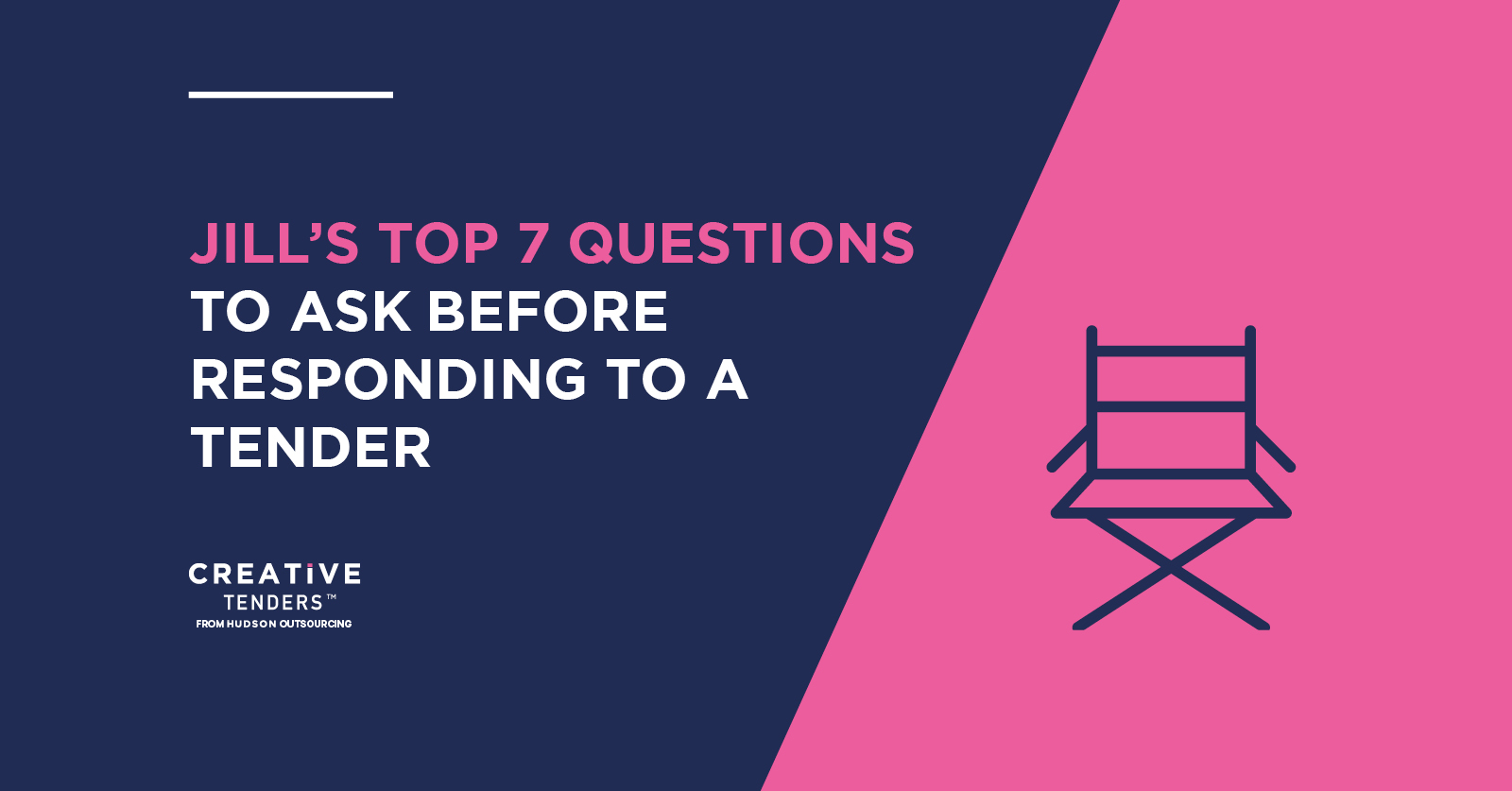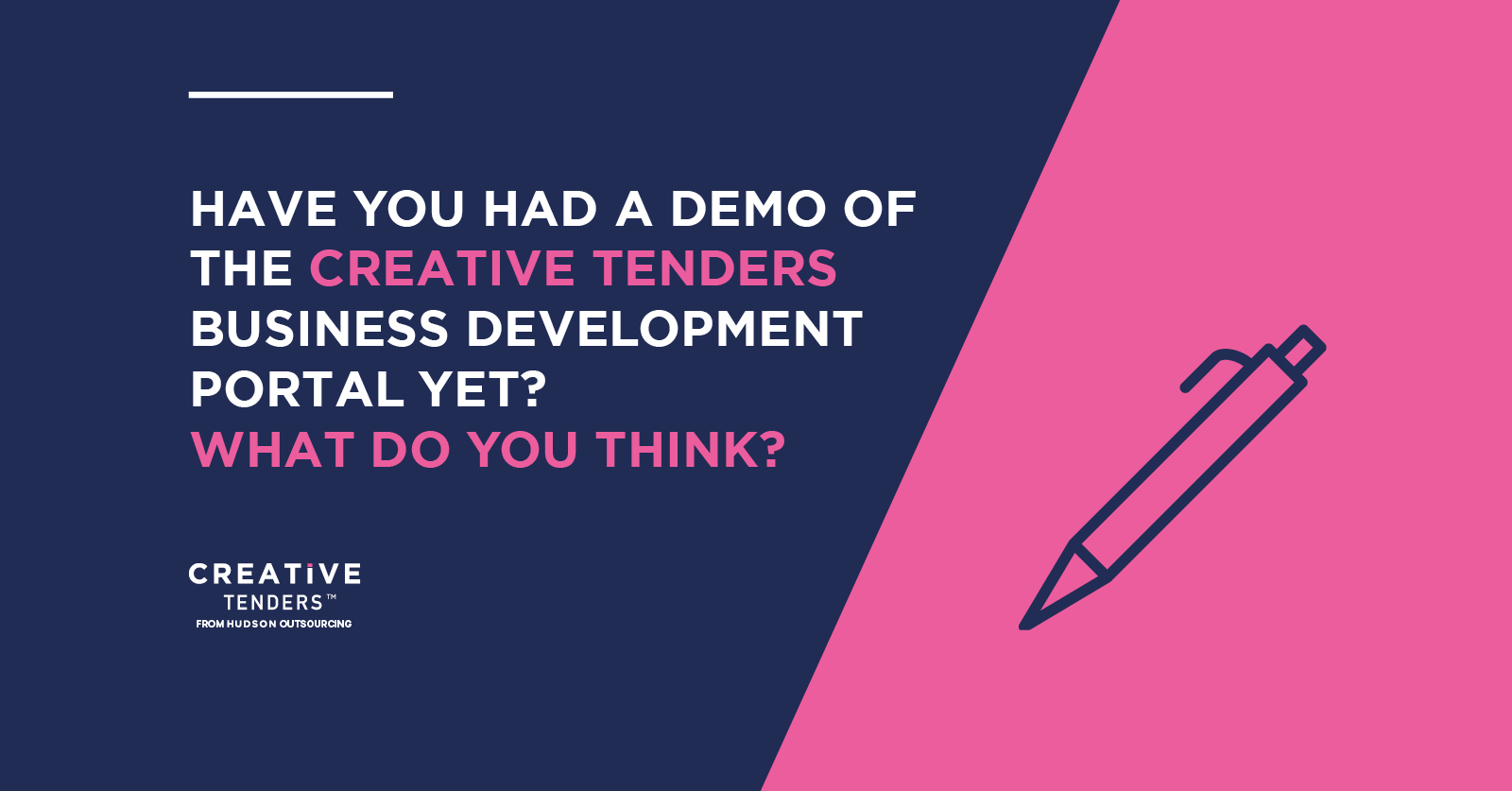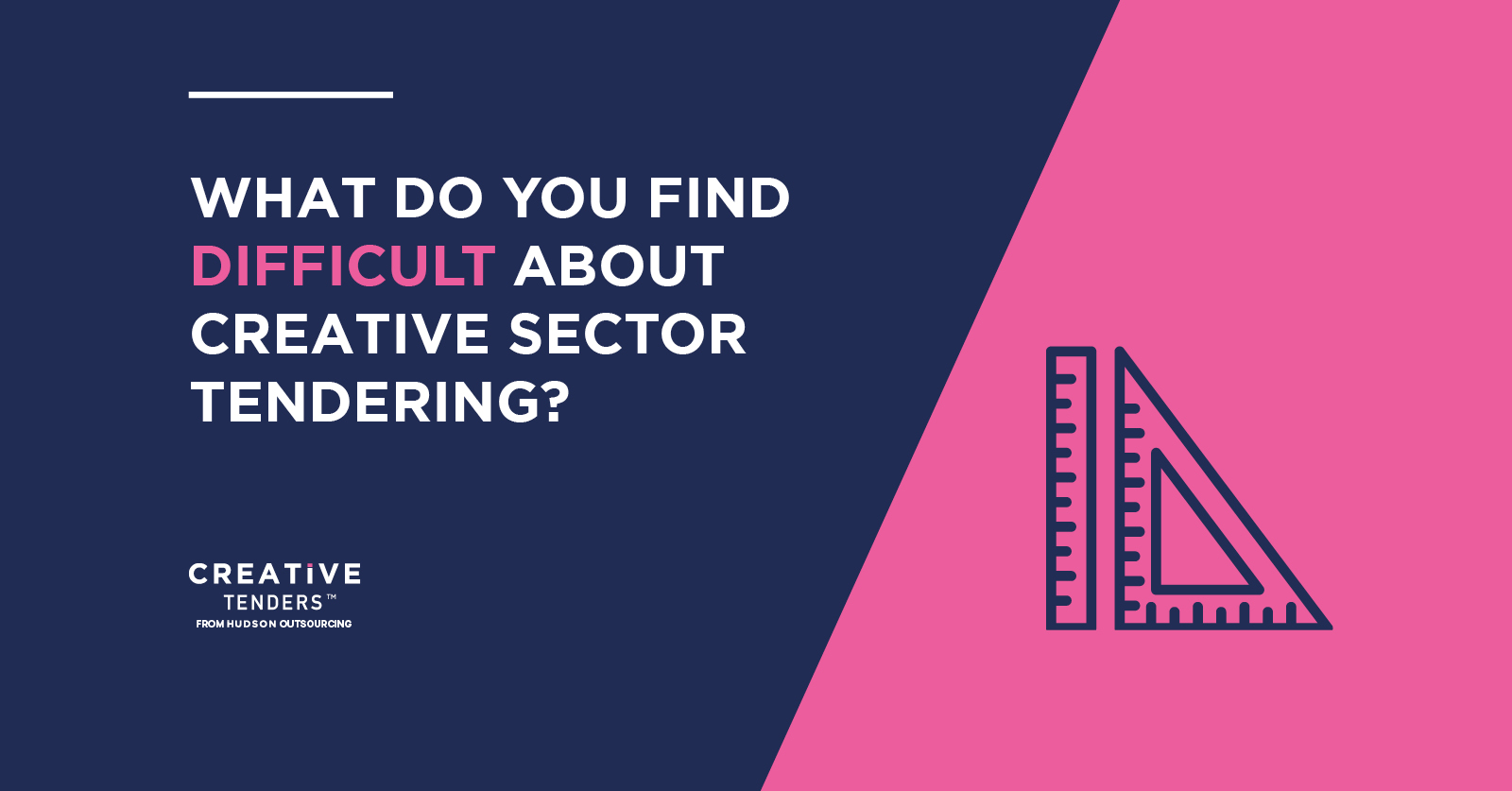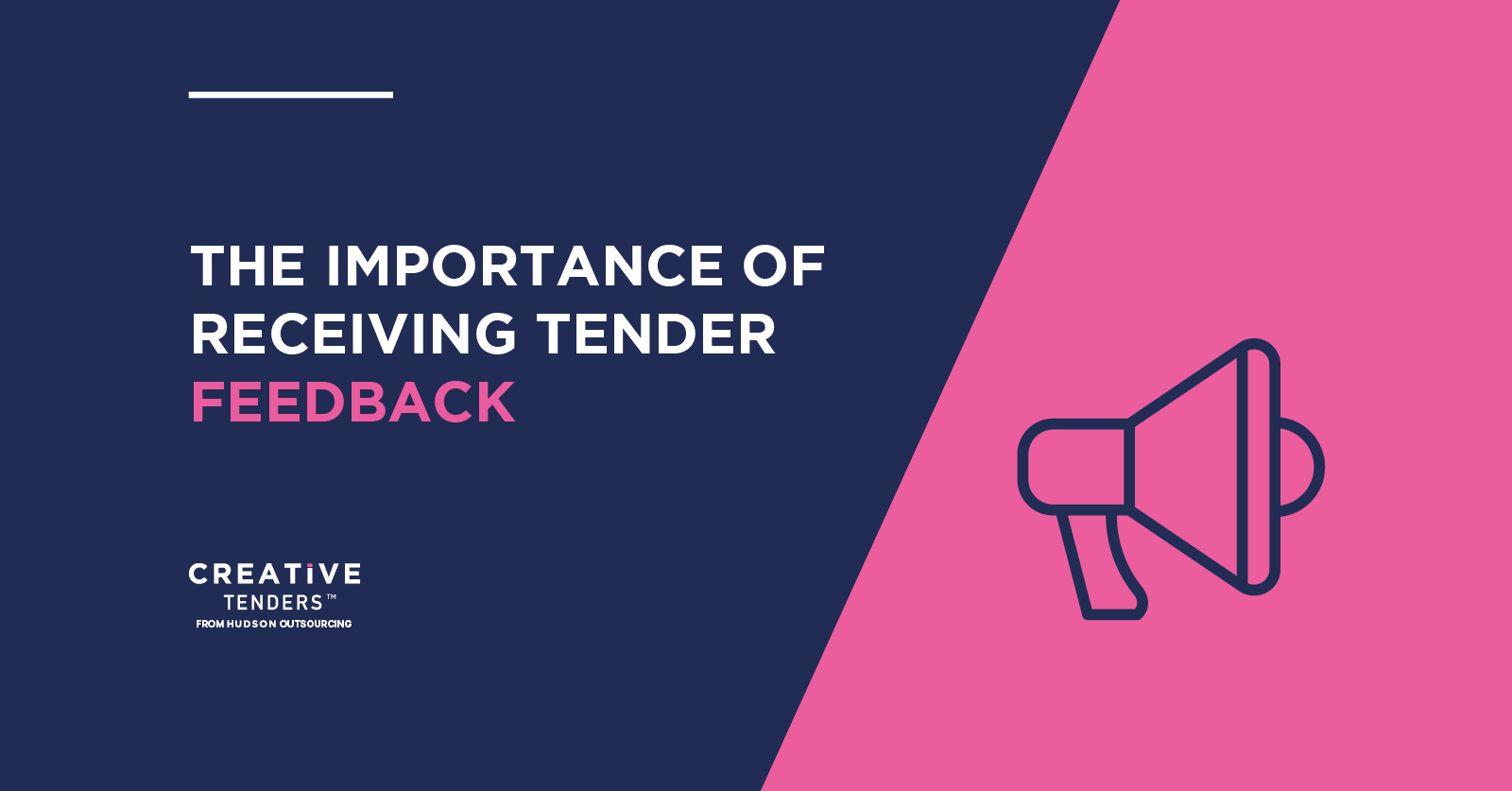5 Expert Tips for Winning Creative Contracts in the UK.
Are you looking for creative contracts in the UK? Whether you’re a marketer or website developer, you may be wondering, what creative opportunities are currently available, locally and nation-wide? And how is the industry rebuilding itself going forward, after such a devastating year?
We’ve compiled some industry insight, with tips from tendering experts and bid writers, to support creative contractors. Discover how you can boost your chances of winning creative contracts to grow your business as we head into 2021.
The creative industries: a workforce like no other!
Creative jobs make up a significant portion of the UK workforce! Did you know, more than 2 million UK jobs are in creative industries? The Creative Industries Council (CIC) reports an estimate of 2,040,000 jobs – with 75 per cent of them falling outside London. A further 1 million creative jobs are based in organisations outside the creative industries, such as technology and digital services. This takes the total number of UK jobs in the wider creative economy to 3.2 million. (That’s 9.6 per cent of all UK jobs!)
Creative jobs are added to the UK economy at a much faster rate than jobs in the economy as a whole. In fact, new jobs are developed at two to five times the rate of jobs in other sectors. Creative employment between 2011 and 2018 increased by 30.6 per cent. Average growth across the UK was only 10.1 per cent during that period.
Evidently, creative contracts in the UK cover a vast range of services. Such a versatile and everchanging industry requires a well-adapted and streamlined approach to sourcing business. At Creative Tenders, we’re experienced in sourcing creative contracts. We host tenders for sectors including:
Creative contractors need time to be creative! That’s why our priority is saving clients time and money when they’re searching for business opportunities. We source new tenders using our skilled procurement team, who categorise sector-specific tenders all in one place using industry-driven keywords. Opportunity tracking has never been so efficient! Book a free live demo to see how we can help your business grow.
How is the UK currently investing in new creative contracts?
There’s no doubt 2020 has been a tough year for the creative sector. The pandemic has stunted a rapidly growing industry and forced many creative businesses to close their doors, or drastically adapt. Music venues are now providing socially distanced concerts, for instance. Some businesses, such as theatre companies, have remained closed with workers furloughed since March, with little or no respite.
It continues to be an uncertain time, heading towards 2021. However, major investments are now being made throughout the creative industries.
Here are some key examples of grants, schemes and programmes currently in place to revive the creative sector:
-
£1.57 billion – Culture Recovery Fund.
This is the government’s overall rescue package for the cultural and heritage sector. Thousands of organisations across a range of sectors can benefit from grants and loans. This includes the performing arts and theatres, heritage, historic palaces, museums, galleries, live music and independent cinema. For example, venues and organisations currently benefiting include:
-
- Military Wives Choirs
- The Hepworth Wakefield
- Night and Day in Manchester
- Whitby’s Tomorrow’s Ghosts
- Gothic Festival
- London’s Somerset House
- Kneehigh Theatre in Cornwall.
-
The scheme supports 40,000 UK jobs by covering Covid-19 related insurance costs. The scheme will provide financial compensation for costs incurred due to Covid-related issues.
-
£150 million – The Sector Deal.
The Government has agreed a Sector Deal with the creative industries sector, through the Creative Industries Council (CIC). This investment will unlock growth and a longer lifecycle for creative businesses in the following ways:
-
- funding leading creative clusters to compete globally.
- by funding technologies and content via research into augmented reality and virtual reality.
- funding creative skills of the future via a careers programme that will open up creative jobs.
-
£75 million – National Lottery Project Grants.
Recently re-opened by the Arts Council with an increased budget, funding is available to creative individuals, communities and cultural organisations.
-
£18 million – Developing Your Creative Practice Programme.
Also re-opened in Autumn 2020 by the Arts Council with an increased budget. This programme helps creatives step up their work in new ways.
-
£3.36 million – Emergency Grassroots Music Venues Fund.
This is an investment in 135 venues at risk of imminent closure due to the coronavirus.
-
£3 million – Festival UK 2022 Research and Development Programme.
Research and development for 10 major creative projects began in November 2020. The 2022 festival aims to reach millions, bring people together and showcase the UK’s creativity and innovation globally. 30 creative teams will be drawn together from over 500 organisations and individuals, including freelancers, across the UK.
Which areas have been identified for further industry improvement?
In addition to these major investments supporting the creative industries, areas for further research have been flagged up. Research will be another key avenue in reviving the industry and creating a more sustainable sector, going forward.
The Creative Industries Council (CIC) has identified nine core areas to improve through further research and development. These are:
- Job Quality: While there is growing data on the number and growth of creative industries jobs, however, more insight is needed into job quality.
- Strategic skills: The industry needs an accurate, refined future vision for which careers and skills are in highest demand, especially with the changes to the industry.
- Creative education: There needs to be a stronger system for capturing and reporting the value of creative education.
- Pipeline of talent: Better visibility into the talent pipeline and into career progression is required.
- Creative professional development: the industry needs a better understanding of opportunities for professional development and learning.
- Productivity and management practices: Compared to other industries, there’s a lack of evidence about productivity in the creative industries.
- Tackling the diversity challenge: Better evidence is needed on the representation of all minority groups, and for data that goes beyond participation to explore the quality of work.
- Local talent pools: The UK is lacking evidence on local skills and talent pipelines and how these meet the needs of local businesses.
Looking forward to the future of the creative industry, improvements in these areas will be significant for advancing the industry. This will, in turn, improve the jobs of the large percentage of the UK workforce in the creative sector.
How can you win creative contracts in the UK right now?
Securing creative contracts that are the perfect fit for your services is essential for growing your business – especially now. Finding the right contracts through effective portals like Creative Tenders is a great place to start. But how can you ensure you’ll see success throughout the tendering process?
Tenders for creative contracts are most often Requests for Proposals (RFPs), which can require a long and complex tender response. An RFP essentially means the proposal will be free-flowing, rather than comprised of short and simple text box answers. An RFP must encompass the entirety of the project, including a statement of work, along with a specified timescale and plan. The buyer may require a specific format. Due to these requirements, becoming a successful RFP writer can be challenging.
A successful RFP writer must ensure all elements of what the buyer is looking for are covered. If you need support, the bid writing experts at Hudson Succeed have extensive experience in writing successful creative contracts. They have secured a range of creative bids for UK clients, from marketing to videography, helping creative businesses to grow.
What do our experts recommend when bidding for creative contracts?
Here are 5 features our bid writers recommend focusing on when it comes to bidding for creative contracts:
- Design is an important element of a creative bid; a well-designed and clear proposal is often a requirement. Do you have the skills to create a well-designed bid in-house, or is this something you should outsource?
- Cultural alignment. Ensure you fully understand the buying organisation and reflect this in your proposal. Can you demonstrate your cultural alignment to the buyer and job at hand? For instance, consider how their work ethic and brand vision aligns with your own.
- Experience and case studies. Case studies are essential. Can you demonstrate your company’s relevant experiences and lessons learned in detail? How have you analysed and improved upon past projects?
- Creative bids tend to be more conceptually driven than other industries. Construction bids, for example, contain highly detailed specifications with little room for abstraction. With a creative bid, there is usually much more freedom to showcase your brand and vision. Can you demonstrate your brand’s personality alongside the concept of the bid?
- Delivery model. Can you comprehensively set out each phase of your delivery model, i.e. inception, production, post-production? The evaluation criteria of a creative bid will consider the quality of each of these stages. Detail is important here. Since the proposal is likely free-flowing, however, you should evaluate what level of detail is required.
Get in touch with Hudson Succeed for further support with writing proposals for creative contracts. Access expert support through the following bid writing packages:
Below are some tenders we’ve sourced on our Creative Tenders portal:
COVID Public Information Campaign
CPD – Supplies and Services Division- Northern Ireland- Budget: Undisclosed
Provision of Video Production – Provision of Video Production and Broadcasting services.
Abbey Theatre Amharclann na Mainistreach- Northern Ireland- Budget: Undisclosed
Tender for Website Design, Build & Host
Believe housing- North East- Budget: Undisclosed
Procurement of Services for Artwork, Design, Layout and Formatting of a Series of Knowledge Products to be Ready for Printing for EVAW Pacific Partnership Project
UN WOMEN- London- Budget: Undisclosed
Specialist Curator for the Good Business Festival
Liverpool City Council- North West- Budget: £20,000
Still looking for creative contracts in the UK?
Start finding creative contracts in the UK with Creative Tenders – it’s simple! Book a free, live demo with one of our team members today. We’ll walk you through the unique features of our portal and how they can help grow your creative business.
But don’t just take it from us! What do our clients say?
The following feedback is from clients of Creative Tenders:
-
“I get an overview of relevant tenders in the sectors I have chosen, summarised in one bulletin that arrives at the end of the day, leaving me to focus on other activities. We actually won our first tender we applied for using the site which was amazing. Any queries I have are always swiftly responded to by Marie and the team. A great service we would highly recommend.” –
Kyle Gray, Head of Business Development, Regency Creative.
-
“Creative Tenders has been an amazing resource for us. We’ve found the daily discover updates invaluable, allowing us to uncover opportunities we wouldn’t have previously seen without this resource. The Succeed service was brilliant at giving us the tools and guidance to confidently submit winning tender responses.” –
Laura Dearden, Head of Client Services, Unwritten Group.
-
“We use Creative Tenders to source opportunities like bespoke development, website design and build projects, and apps. Creative Tenders has become central to our daily operations – the platform is easy to use and the regular updates regarding new tenders and business opportunities are invaluable.” –
Sarah Luther, Sales Director, 6B Digital.



